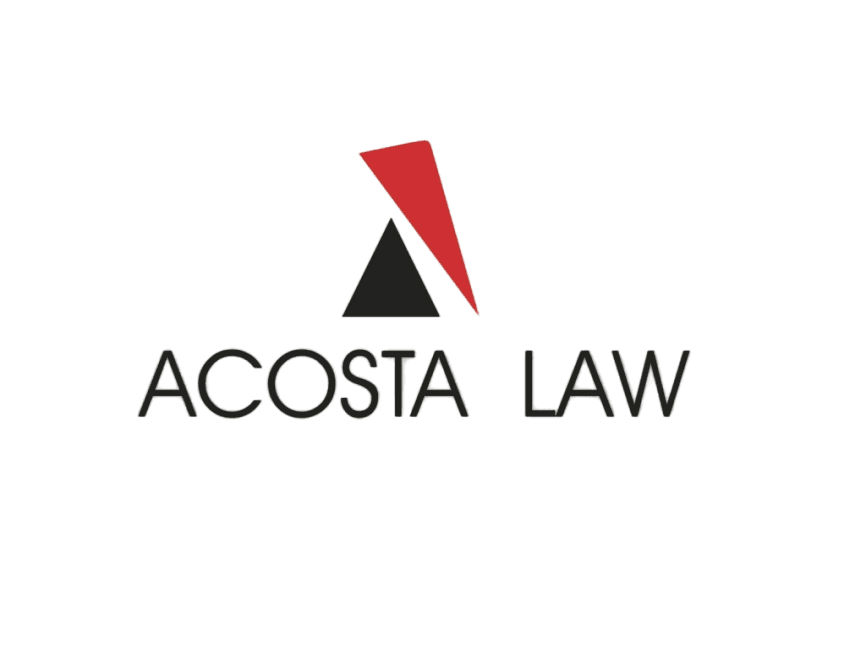Post-Pandemic Bankruptcy Trends: Why There's an Increasing Demand for Debt Relief Lawyers
Understanding the Surge in Bankruptcy Filings
The COVID-19 pandemic has left a significant mark on the global economy, leading to an unprecedented rise in financial instability among individuals and businesses. As economies begin to recover, a notable trend has emerged: an increasing demand for debt relief lawyers. The surge in bankruptcy filings is not just a temporary anomaly but an indicator of deeper financial struggles faced by many in this post-pandemic era.
The pandemic caused millions to lose their jobs or face reduced income, leading to mounting debts and financial distress. As government relief programs and moratoriums on evictions and foreclosures come to an end, many are finding themselves unable to meet their financial obligations. This has contributed to a growing need for professional assistance in managing debts and navigating bankruptcy proceedings.

The Role of Debt Relief Lawyers
Debt relief lawyers have become crucial allies for those grappling with overwhelming debt. These professionals offer a lifeline by providing expert guidance on debt management strategies, negotiating with creditors, and representing clients in bankruptcy cases. Their expertise is invaluable in determining whether filing for bankruptcy is the best option or if alternative solutions might be more beneficial.
One of the most important roles of a debt relief lawyer is to help clients understand the various types of bankruptcy filings available, such as Chapter 7 and Chapter 13 for individuals, or Chapter 11 for businesses. Each type has different implications and benefits, making it essential for individuals to have professional guidance tailored to their specific circumstances.

Trends in Bankruptcy Filings
While the pandemic initially caused a drop in bankruptcy filings due to temporary relief measures, recent data indicates an upward trend. As these measures lapse, many individuals and businesses are now seeking formal debt relief solutions. Additionally, sectors such as retail, hospitality, and small businesses have been particularly hard-hit, resulting in a wave of corporate bankruptcies.
This trend is further exacerbated by the ongoing impact of supply chain disruptions and fluctuating consumer demand. Businesses that managed to survive during the height of the pandemic are now facing new challenges, prompting them to seek legal avenues for restructuring or liquidating assets.
The Psychological Impact of Financial Distress
Beyond the economic implications, there is a significant psychological toll associated with financial distress. The stress of mounting debts can affect mental health, leading to anxiety and depression. Debt relief lawyers also serve as emotional support systems, helping clients navigate these challenging times with empathy and understanding.

Navigating the Future
Looking ahead, it is anticipated that the demand for debt relief lawyers will continue to rise as more individuals and businesses confront their financial realities. Legal professionals who specialize in bankruptcy and debt management are expected to play a critical role in helping clients rebuild their financial lives.
For those considering bankruptcy or other debt relief options, it is crucial to seek advice from qualified professionals. With the right guidance, individuals can make informed decisions that lead to sustainable financial recovery.
In conclusion, the post-pandemic world presents both challenges and opportunities. While the increase in bankruptcy filings is a stark reminder of economic hardships, it also highlights the importance of strategic debt management and professional legal support in aiding recovery efforts.
